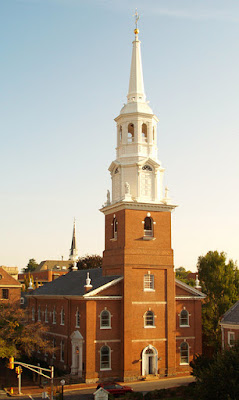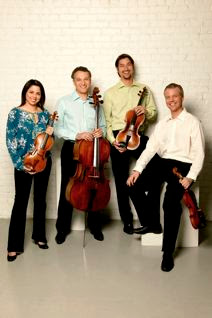'Ring out, wild bells!': The fatal lure of old marginalia as the door opens to a New Year full of blank pages and limitless margins

And if you have managed to graduate from college without ever having written "Man vs. Nature" in a margin, perhaps now is the time to take a step forward. — "Marginalia," by Billy Collins I don't think I'm entitled to take that step, though a cursory examination of three books I used in Billy Collins: Chummy poet forced me to come to terms with my old marginal self. college courses didn't happen to turn up "Man vs. Nature." I left off my search after browsing the collections of Keats, Tennyson, and Whitman I once pored over as an English major at Kalamazoo College a half-century ago. I sensed that "Man vs. Nature," if I ever wrote it on some page now inaccessible to me, would look almost brilliant compared to some of the marginalia I discovered, mostly in light pencil. In a half-hour today, I'd learned quite enough about my post-teen self, marginalia division, in addition to the fact that my penmanship was only











